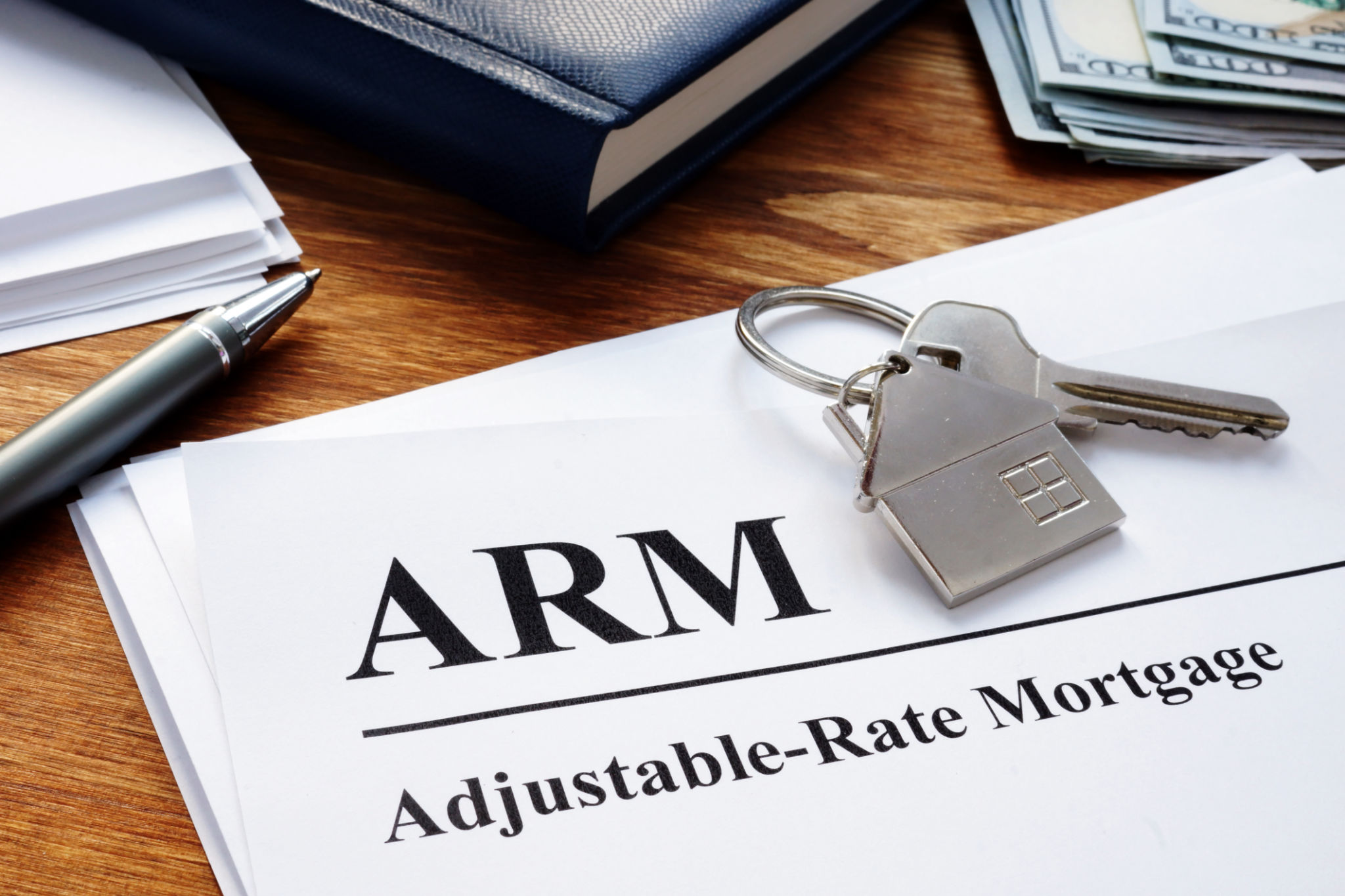Understanding Adjustable-Rate Mortgages: Is It the Right Choice for You?
GW
What Are Adjustable-Rate Mortgages?
An adjustable-rate mortgage (ARM) is a type of home loan where the interest rate is not fixed but instead varies over time. Initially, ARMs offer a lower interest rate compared to fixed-rate mortgages, making them attractive to some homebuyers. However, after an initial period, the rate adjusts periodically based on a specific benchmark or index.

How Do They Work?
The structure of an ARM typically includes an initial fixed-rate period, which can range from a few months to several years. Common terms are 5/1, 7/1, or 10/1, where the first number indicates the fixed-rate period in years, and the second number represents how often the rate can adjust after that period. For instance, with a 5/1 ARM, the rate is fixed for five years and can then adjust annually.
Pros of Adjustable-Rate Mortgages
ARMs can be beneficial for certain homebuyers due to their initial lower interest rates. Here are some advantages:
- Lower Initial Payments: The introductory rate is generally lower than that of fixed-rate mortgages, resulting in smaller monthly payments.
- Potential Savings: If interest rates remain stable or decrease, borrowers might pay less over time.
- Flexibility: Ideal for those planning to move or refinance before the adjustable period begins.

Cons of Adjustable-Rate Mortgages
While ARMs have benefits, they also come with risks that potential borrowers should consider:
- Rate Increases: Once the fixed period ends, rates can increase significantly, leading to higher monthly payments.
- Financial Uncertainty: Predicting future interest rates is challenging, which can lead to financial strain.
- Complexity: Understanding the terms and conditions of ARMs can be more complicated than fixed-rate mortgages.
Is an ARM Right for You?
Deciding whether an ARM is suitable depends on several personal factors. Consider the following questions:
- How long do you plan to live in the home?
- Are you comfortable with potential payment fluctuations?
- Do you anticipate an increase in your income over time?

When to Consider an ARM
An ARM might be appropriate if you expect to sell your home or refinance before the adjustable period begins. It can also be a wise choice if you believe interest rates might decline or remain stable over time. However, ensure you can handle possible payment increases if market rates rise.
Tips for Choosing an ARM
If you decide an ARM is right for you, keep these tips in mind:
- Understand the Terms: Be clear about how often and by how much your rate can change.
- Check Caps: Look for loans with caps that limit how much your interest rate and monthly payments can increase.
- Compare Rates: Shop around to find the best initial rates and terms.
Conclusion
Adjustable-rate mortgages can be a viable option for some borrowers but come with inherent risks and complexities. It’s essential to assess your financial situation, future plans, and risk tolerance before choosing an ARM. By understanding its mechanics and potential impacts, you can make a more informed decision about whether it aligns with your financial goals.